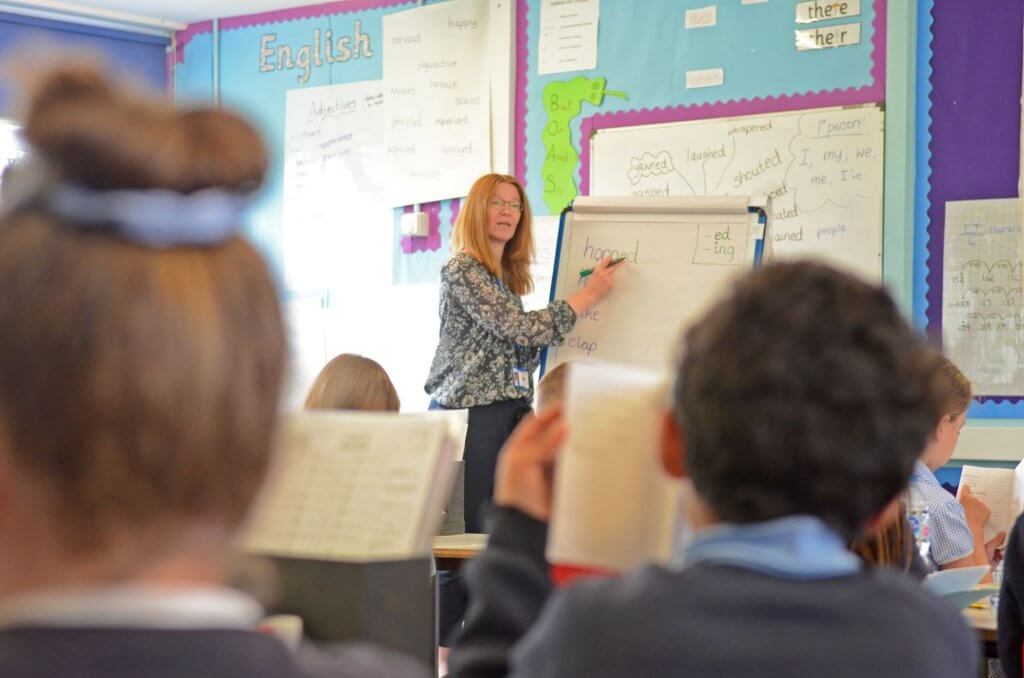A rise in school suspensions following the pandemic
In the aftermath of the pandemic, school suspensions have increased by 30%. But according to the “Who’s Losing Learning?” coalition, made up of founding organisations The Difference, Impetus and IPPR, suspensions have risen even more sharply amongst disadvantaged pupils at 75%. Their analysis shows more than half of all suspensions in 2021-22 involved children from poor backgrounds. Overall, disadvantaged pupils were 3.7 times more likely to be sent home than their peers.
Despite these trends, Tom Bennett OBE, Behaviour Management Advisor to the Department for Education (DfE), says that ‘students are suspended for their behaviour, not their socio-economic status […] suspensions are necessary when students’ safety and learning is threatened.’
This comes as a survey of more than 6,500 teachers finds that verbal and physical abuse from pupils has increased significantly in the last 12 months. Carried out by the NASUWT teachers’ union, the survey reveals that 90% of teachers have received verbal abuse in the last year, including being sworn at, threatened, and targeted with racial or sexual insults. 37% of respondents have experienced violence or physical abuse over the same time period. Teachers report having furniture thrown at them, being bitten, spat at, headbutted, punched and kicked.
Almost three-quarters believed that the rise in poor pupil behaviour was a result of poor socialisation skills in the wake of the pandemic. Other commonly cited factors included ineffectively implemented restorative behaviour programmes and a lack of appropriate policies in schools. Dr Patrick Roach, NASUWT general secretary, says that long waiting lists to access specialist services are also contributing to the behaviour crisis. He adds, ‘failure to tackle violence and abuse in schools today will have long-lasting consequences for teacher recruitment and retention and for the education of children.’
Language intervention closes the gap for disadvantaged pupils
A new report from the National Foundation for Education Research (NFER) shows that a language intervention programme can boost pupils’ oral language skills by an additional four months. The Nuffield Early Language Intervention (NELI) was developed by a team of developmental psychologists to support children’s vocabulary knowledge, narrative skills and active listening. To assess its impact on a national scale, data was collected from 10,000 pupils in 356 schools.
On average, pupils who received NELI made an additional four months’ progress. However, children on free school meals made even further progress, boosting their oral language skills by an additional seven months. This suggests NELI could help to close the language gap for disadvantaged learners.
Researchers warn that their findings may be limited, as half of the schools that took part in the survey were unable to complete the full 20-week intervention due to issues with time, capacity, and absences caused by the pandemic. But even children who received fewer sessions showed progress in their language development.
Professor Becky Francis CBE, Chief Executive of the Education Endowment Foundation, says the success of the intervention is ‘testament to the power of collaboration and the hard work of schools who delivered the programme in such challenging circumstances.’ The Department for Education has announced that funding for NELI will be extended into the 2023-24 academic year, with more schools in priority areas allowed to sign up.
The Department for Education (DfE) to update workforce strategy
In 2019, the Department for Education (DfE) published its teacher recruitment and retention strategy, setting out plans to simplify the process for becoming a teacher and improving support for early career teachers. However, experts have called on the government to update the strategy, as it has continuously failed to reach its initial teacher training (ITT) targets.
Data shows that the government met only 59% of its target for secondary teachers last year. In new analysis, published by the National Foundation for Education Research (NFER), researchers say that only 52% of the required number of secondary teachers are likely to be recruited this year. There are now almost twice the number of teacher vacancies than before the pandemic. Jack Worth, School Workforce Lead at NFER, warns that without an urgent policy response, ‘schools will face increasingly intense shortages over the next few years, which are likely to impact negatively on the quality of pupils’ education.’
Now, the DfE is set to refresh its teacher recruitment and retention strategy with a focus on flexible working. Professor Sam Twiselton OBE, emeritus professor at Sheffield Hallam University and a member of the advisory group for the original teacher recruitment and retention strategy, says that the world has changed since the pandemic and ‘flexible working has an even higher premium’ as a result. However, experts say the strategy should also focus on increasing the competitiveness of teacher pay, staff wellbeing and workload, and tackling public perceptions surrounding the profession.
—
One Education provides support at every level of education, working alongside school leaders, business managers and teachers to ultimately enhance the learning experience and empower pupils to achieve their full potential.
If your school is affected by any of the issues above, please explore our services to find out how we can help you with Education Welfare & Safeguarding, Speech and Language Therapy, or Human Resources.
If you would like to learn more, please get in touch. We’d love to hear from you.
Please complete the form below and we will get in contact as soon as we can to help you with your query.















